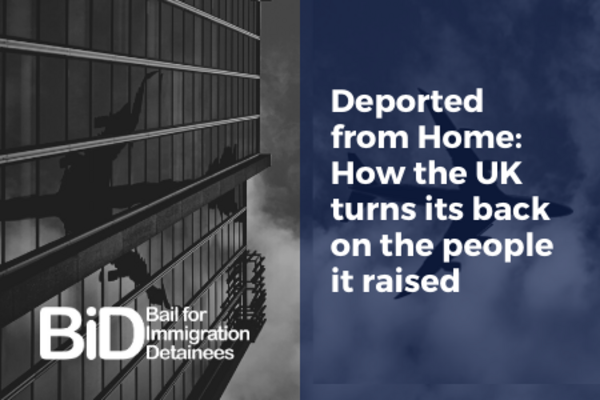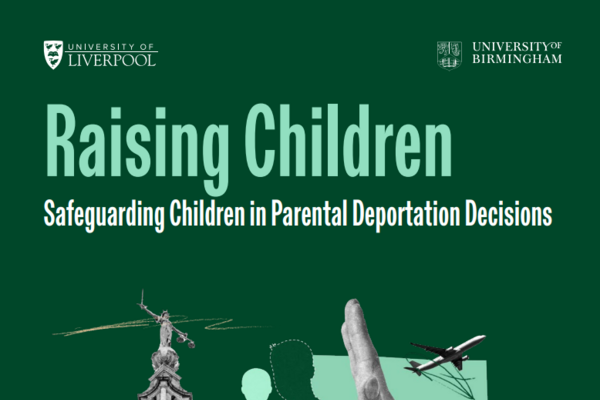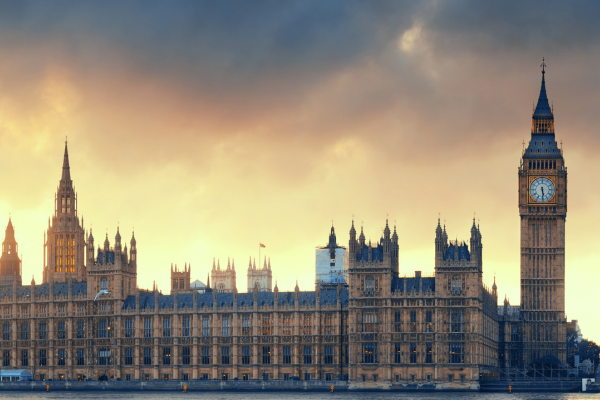BID has, over a number of years, become increasingly concerned about the automatic deportation regime for so-called “foreign national offenders” and its effect in tearing lives apart. In the words of Stephen Shaw, former Prisons and Probation Ombudsman:
"I found during my visits across the immigration estate that a significant proportion of those deemed FNOs [Foreign National Offenders] had grown up in the UK, some having been born here but the majority having arrived in very early childhood. These detainees often had strong UK accents, had been to UK schools, and all of their close family and friends were based in the UK.”
Join us on at 6pm on Thursday 2nd July to hear how, on a daily basis, people are forced out of the UK, despite in many cases, this being the only home they have known.
We’ll begin with a screening of Motherland which traces the experiences of two young men forcibly returned to Jamaica after a lifetime in Britain, alongside the story of a Windrush generation man denied re-entry to the UK.
The screening will be followed by a panel discussion with:
- Kweku Adoboli, public speaker & culture & systems advisor who was deported from the UK to Ghana in 2018;
- Nadine El-Enany, Legal academic, Co-Director at the Centre for Research on Race and Law & author of ‘(B)ordering Britain: Law, Race and Empire’;
- Dr Zubaida Haque, Researcher and Interim Director of race equality think tank the Runnymede Trust;
- Carmen Kearney, Legal Manager of BID’s Article 8 Deportation Advice Project;
- Luke de Noronha, academic & author of upcoming book ‘Deporting Black Britons: Portraits of Deportation to Jamaica’.
Please note there is a suggested donation for this event of £5.
Background to the event:
in 2007, under a Labour government, the UK Borders Act was passed which made provision for automatic deportation for any so-called foreign national with a criminal sentence of 12 months or longer. The promulgation of this legislation was arguably as a response to accusatory tabloid headlines alleging that “foreign” rapists and murderers were roaming British streets and presenting a danger to the public. It was at the time open to the courts to order deportation for “foreign criminals” but the then Labour government found itself subject to severe criticism for being soft on foreign criminals because these dangerous (in their eyes) individuals had not in fact been deported.
During the passage of the Bill through parliament, BID shared its concerns with politicians that these provisions were unnecessarily harsh and ran the risk of affecting long-term British residents who may have not become British citizens despite being legally entitled to, for a variety of different reasons but who were, to all intents and purposes, British, having lived here since birth or early childhood. The response at the time was that there was legal aid to argue that it would be disproportionate to deport such individuals because they had established a private and family life here in the UK under Article 8 of the European Convention on Human Rights and that everyone had access to legal aid.
That all changed in 2012 with the passage of yet another Bill, this time the Legal Aid, Sentencing & Punishment of Offenders Act, which removed a whole range of areas, including human rights and immigration from the scope of legal aid. This meant that those facing deportation no longer had access to legal aid to argue that it would be disproportionate to deport them.
Subsequent legislation, the Immigration Acts 2014 and 2016 piled further pressure on any foreign national facing deportation with the requirement that they demonstrate that the effect of deportation would be “unduly harsh” (defined by the Home Office as “excessively cruel”) on an individual or their family. The abhorrent consequence of this legislation is that mere “cruelty” is insufficient to prevent someone’s deportation, it needs to be excessive.
BID’s response to all of this was first to establish a prisons’ project aimed at providing legal advice and representation on bail to people held in prisons at the end of their custodial sentences, but solely under immigration powers; and second to set up a deportation project which would provide very limited legal assistance to detainees facing deportation, prioritising those who had families in the UK and who had lived in the UK most or all of their lives.









